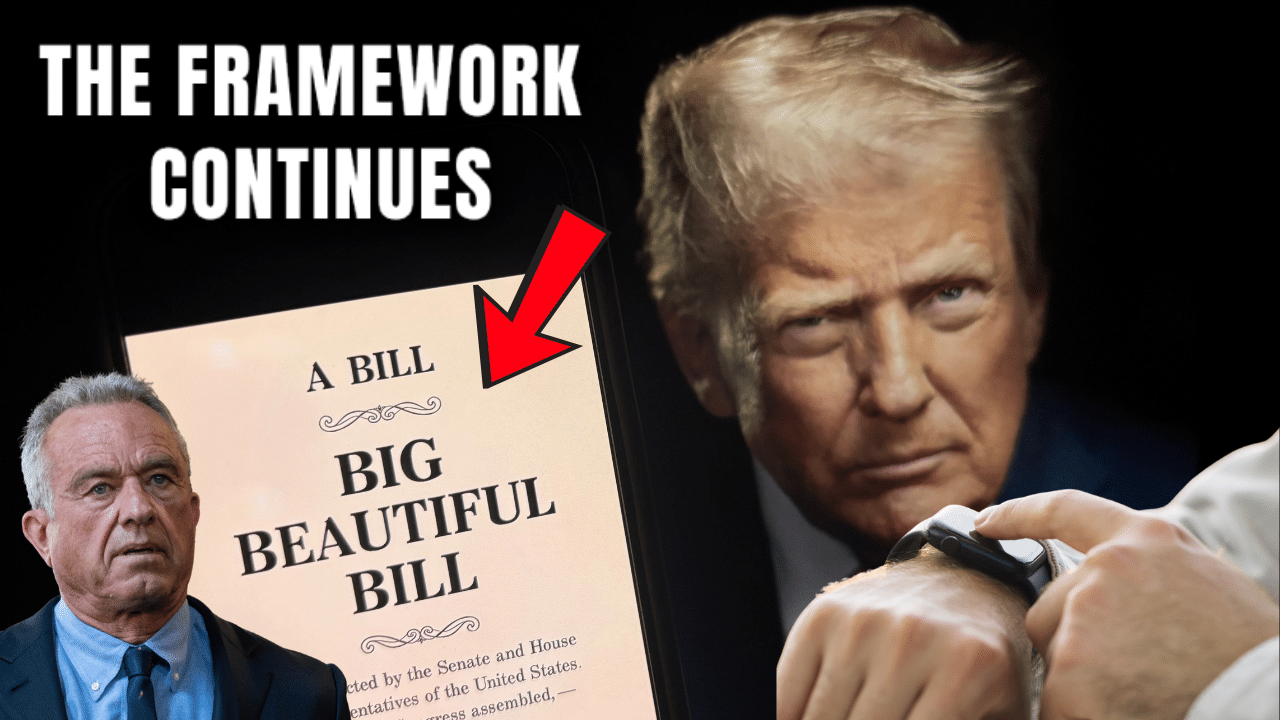Israeli Prime Minister Benjamin Netanyahu alleged that Iran had marked U.S. President Donald Trump for assassination, labeling him “enemy number one” due to his decisive actions against Iran’s nuclear ambitions.
The claims, made during a special Sunday edition of “Special Report” with Bret Baier, come amid heightened tensions following Israel’s recent military strikes on Iranian nuclear and military facilities, dubbed “Operation Rising Lion.”
Netanyahu asserted that Iran’s Islamic regime viewed Trump as a significant threat after he withdrew from the 2015 Joint Comprehensive Plan of Action (JCPOA), which he described as a “fake agreement.”
The deal, negotiated under the Obama administration, aimed to limit Iran’s nuclear program in exchange for sanctions relief. Trump’s 2018 decision to exit the JCPOA, coupled with the 2020 killing of Qasem Soleimani, a top Iranian commander, intensified Iran’s hostility, according to Netanyahu.
“He took up this fake agreement and basically tore it up,” Netanyahu said, emphasizing Trump’s firm stance against Iran enriching uranium, a key step toward nuclear weaponization.
The Israeli leader also disclosed that he himself was a target of an Iranian assassination attempt, citing a missile attack on his home that struck his bedroom window.
He framed both incidents as part of Iran’s broader strategy to eliminate leaders opposing its nuclear goals. “They want to kill him. He’s enemy number one. He’s a decisive leader,” Netanyahu stated, describing Trump as his “junior partner” in countering Iran’s nuclear threat.
Netanyahu’s interview followed Israel’s aggressive military operation against Iran, which he called “one of the greatest military operations in history.”
The strikes, initiated after intelligence suggested Iran was nearing nuclear weapon capability, targeted over 200 sites, including the Natanz nuclear facility, and reportedly killed key Iranian military figures and scientists.
Iran retaliated with missile and drone attacks on Israel, resulting in civilian casualties and escalating fears of a wider regional conflict.
The allegations of an assassination plot against Trump have sparked debate, with no independent verification provided in the Fox News report.
Critics on X have questioned the timing of the claims, suggesting they may serve to bolster political support for Israel’s actions or deflect attention from domestic issues.
Others expressed skepticism, noting the lack of corroborating evidence from U.S. intelligence agencies. However, supporters of Netanyahu and Trump, including Senator Lindsey Graham, have praised Israel’s strikes and echoed calls for a hardline stance against Iran.
President Trump, who was aware of Israel’s plans prior to the strikes, has publicly supported the operation while urging Iran to negotiate a new nuclear deal to avoid further devastation.
In a Truth Social post, he warned that Israel’s next attacks could be “even more brutal,” emphasizing U.S. military support for Israel while clarifying that American forces were not directly involved.
Secretary of State Marco Rubio reiterated this position, stating that Israel’s actions were unilateral but necessary for its self-defense.
Netanyahu’s claims also highlight the strained dynamics between the U.S. and Israel over Iran policy.
Reports indicate that Trump had previously advised Netanyahu against striking Iran to preserve nuclear negotiations, revealing tensions over how to address Tehran’s ambitions.
While Trump vetoed an Israeli proposal to assassinate Iran’s Supreme Leader Ayatollah Ali Khamenei, he has maintained a strong pro-Israel stance, praising the recent strikes as “excellent.”
As the Israel-Iran conflict escalates, Netanyahu’s allegations add a dramatic layer to an already volatile situation.
The unverified claim of an assassination plot against Trump underscores the high stakes of the nuclear standoff and the complex interplay of diplomacy and military action in the Middle East.
With both sides trading missile strikes and global calls for de-escalation growing louder, the region remains on edge, awaiting the next move in this high-stakes geopolitical chess game.










